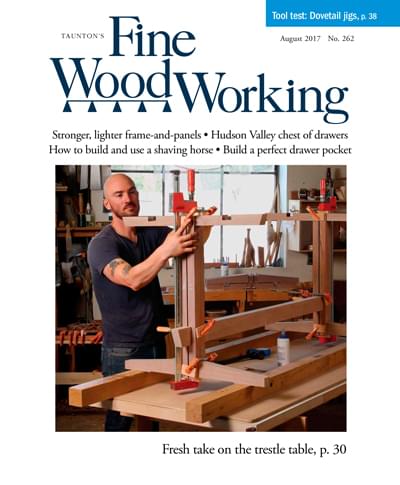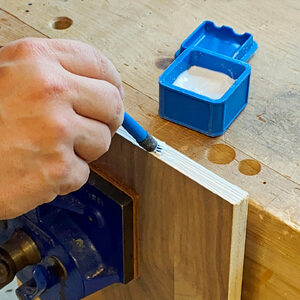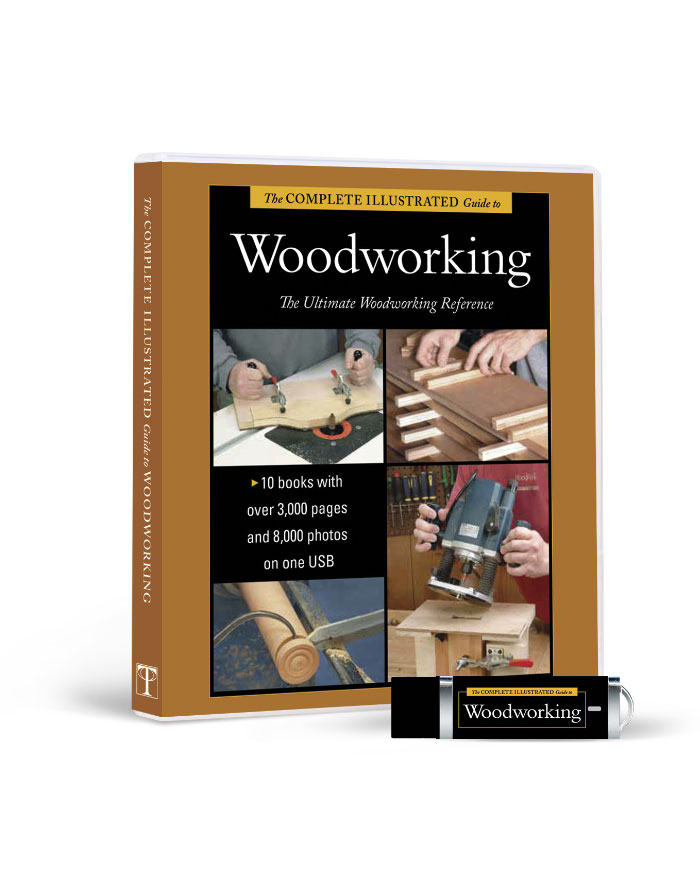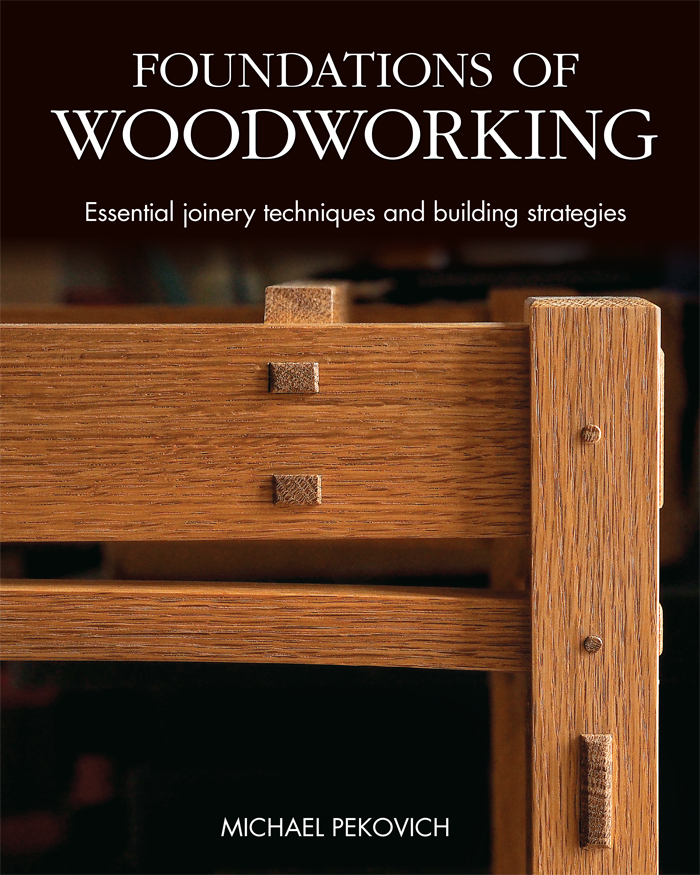A look at Piher and their double-acting clamps
Piher's system can increase clamping pressure while allowing more control.

The picturesque city of Logroño in the north of Spain is known for its lovely medieval city center, the Rioja wine the region is known to produce, its fine 16th-century cathedral, as well as the kind and friendly people who live along the banks of the river Ebro.
Apart from being a lovely place to spend a holiday, Logroño is also known for something entirely different. The Rioja region of Spain where Logroño is located was a major center of Spain’s industrial revolution in the 19th century. Many industries and manufacturers sprang up in the region, due in no small part to the region’s rich iron and coal production that dates back centuries.
While this region was a hotbed of industrial innovation in the 19th and 20th centuries, it has retained its traditional roots, which can be seen in the business models still common in the region—small, family-run businesses working with local suppliers and local customers to produce high quality and specialized items. These firms continue to support the local economy and employ local workers to produce their goods. This is particularly important for woodworkers because Logroño is home to Piher, a small clamp-making firm that has been making a range of top-quality clamps out of a small factory since the late 1950s.
Piher Clamps was started in 1957 by two brothers, Ricardo and Juan Piqueres. The name Piher is a portmanteau of Piqueres and hermanos (brothers). The current owner is Jose Piqueres, son of Juan. Jose carries on his father’s and uncle’s tradition of making high-quality clamps and caring for his small, dedicated company.

Jose and his team employ a small but dedicated corps of employees with about 50 people working on the factory floor to produce about 1,000 clamps per day. They still operate out of the factory built by the original hermanos, with a few expansions over the years, of course, and continue to work with the local suppliers and vendors.
Piher started making machine tools and quickly expanded into clamps. The move to clamp production was only natural after the brothers invented and patented a double-acting piston screw system still seen in most Piher clamps today. Soon after the success of the new line of double-acting piston clamps Piher turned its attention almost exclusively to clamp production, where the firm remains today.
The double-acting piston system was a brilliant development in clamping that uses an internally threaded piston, a double-threaded screw, and the threads you see inside the body of the clamp. This system can increase clamping pressure while allowing more control over the pressure. The brilliance of this system lies in two areas. First, the double screw means that the piston is pushed into the work in a smooth, linear motion, removing the tendency to twist like a plain screw clamp with a standard swivel pad. (see the video at the bottom of this post) The advantage is that as you apply clamp pressure, the moving jaw is much less likely to walk off the work or move the piece being clamped.
The second major advantage of this system is that the double-threaded screw advances the piston twice as much with each turn of the handle as a plain single-thread system. This is a huge advantage when working with large pieces and lots of clamps, as you can obtain the correct clamping force faster and more accurately.
I was lucky enough to visit Logrono in the winter of 2019, and spent some time getting to know not only Piher’s clamps, but also its people. They are gracious and welcoming, with a humble but deserved pride in what they have built. Having been lucky enough to visit the factory and spend time with the Piher team, it is abundantly clear where the quality of their products comes from. It is easy to see that Piher is wholly dedicated to the people out on the factory floor, who build the clamps and keep the business running. It is only natural that quality and success follow when a small business puts its people first.
We often talk about supporting the craftsmanship and quality of traditional industry, but ithey are often forsaken for profit, market share, and the bottom line. I am pleased to know that in this sunny, charming, and welcoming corner of Spain, the tradition of quality and craftsmanship lives on.



























Log in or create an account to post a comment.
Sign up Log in